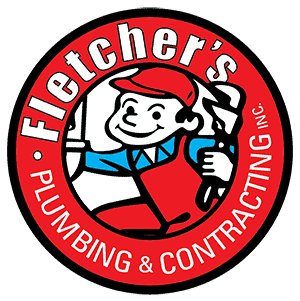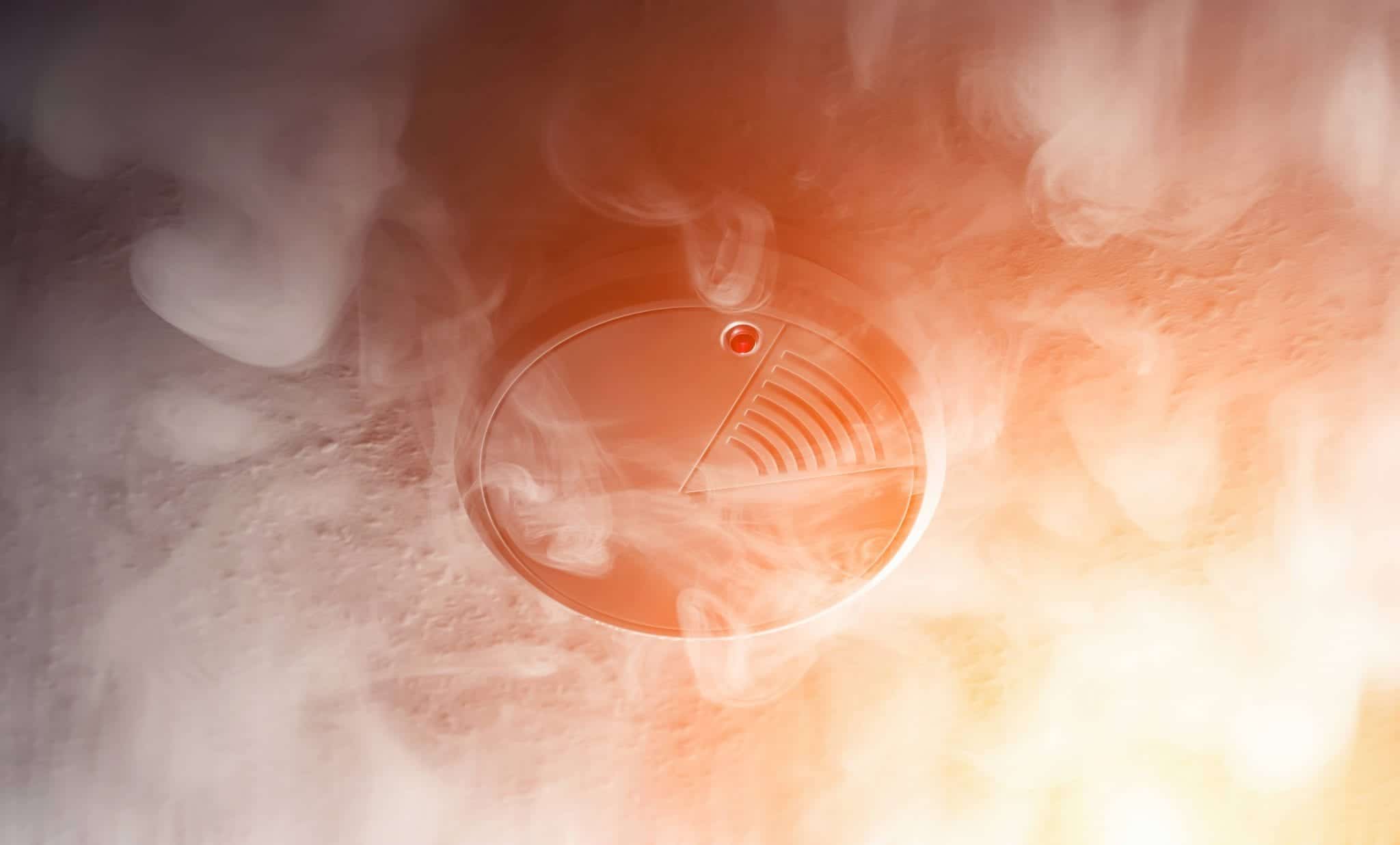How to Avoid Fire Risks with Your Home’s Plumbing
At a critical, frightening time such as the recent California fires, powerful jets of water are a welcome sight. But what’s not so obvious is that just as a family survives a grim fire situation, water can often take its turn to generate further despair by pouring damage onto plumbing systems. And while a house fire can damage your plumbing through flame and heat, it’s also H2O itself that can cause significant damage during a fire.
It’s not just fire that causes catastrophic damage to a plumbing system — it’s also the water and accompanying steam that are used to douse the flames and quell heat. Firefighter’s hoses shoot water with immense power, and water easily penetrates and soaks wall surfaces, while steam gets into tight places even water can’t reach.1 This means that even after fire is extinguished, the plumbing hiding within your house’s walls could have suffered damage, or be completely destroyed.
Once a house’s plumbing has been reinstated after a fire, the worst outcome would be for another fire to break out. Rogue water from firefighting and steam can cause fire damage such as corrosion to wiring within your walls, and that corrosion could possibly lead to another fire in the future. Doing your plumbing at the same time as other repairs can minimize inconvenience and get your household back to normal faster, and save the money you’d spend opening up the walls again.
Given the recent climate situation and predicted continued dry season, one system that you may consider installing to minimize household fire risk is a multi-purpose system combining cold-water plumbing and fire sprinkler systems into one.
An out-of-control blaze is not the only way fire and plumbing can combine to wreak havoc. A slow leak in your plumbing can corrode unprotected wires and cause sparks, and consequently, fire. And heat tape used to protect pipes from freezing can — and does — overheat and catch fire. The Consumer Product Safety Commission has in the past warned about the fire hazard nature of these tapes. As a solution to these types of tapes, it is suggested to wrap your pipes with foam pipe insulation instead.
Plumbing work itself, if not conducted professionally, can pose a fire risk. Plumbing requires welding and soldering to be carried out near wood surfaces, insulation, and other flammable materials. A licensed plumber knows to always use a flame protector cloth, steel plate, and other special products to protect flammable material near the soldering site.
The fact that plumbing can be damaged by fire, and that plumbing maintenance does pose a fire hazard, is good reason to call in the licensed professionals at Fletcher’s Plumbing and Contracting, Inc. As a licensed plumbing contractor with over 45 years experience, Fletcher’s has the tools, experience, and professionalism needed to safely work on your home’s plumbing.

